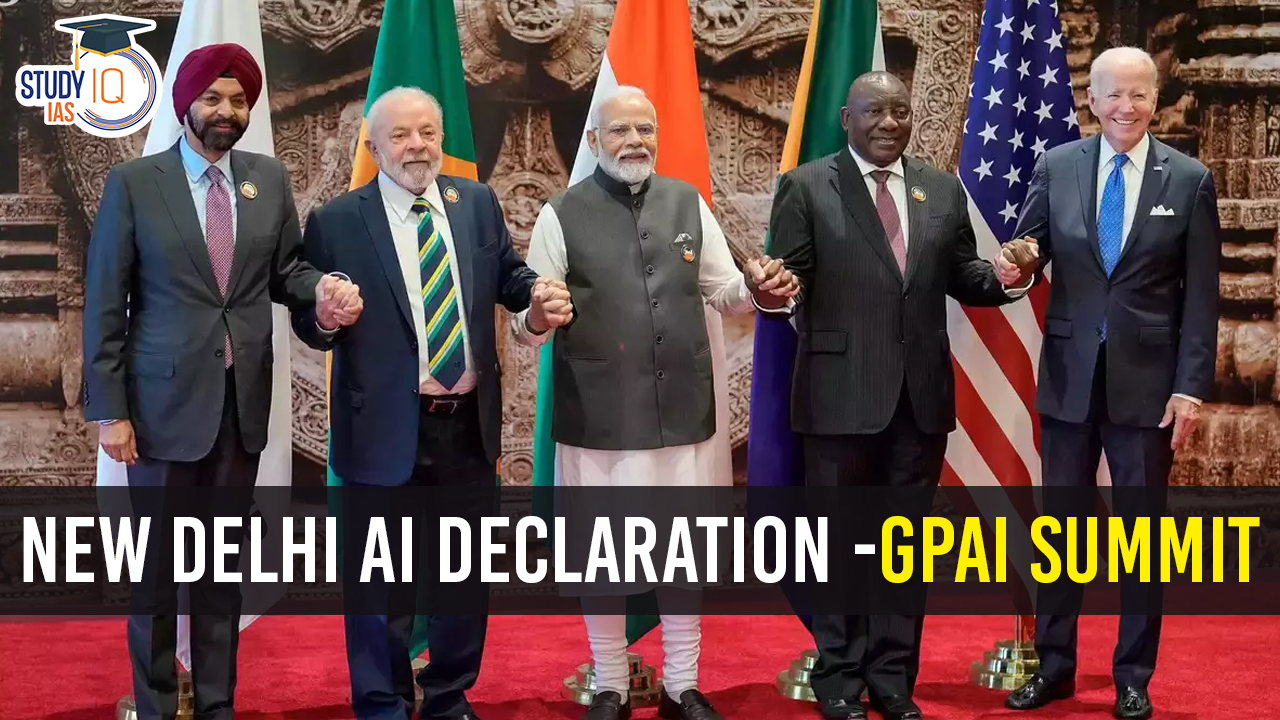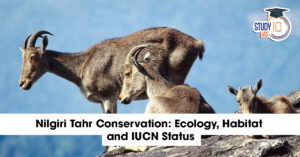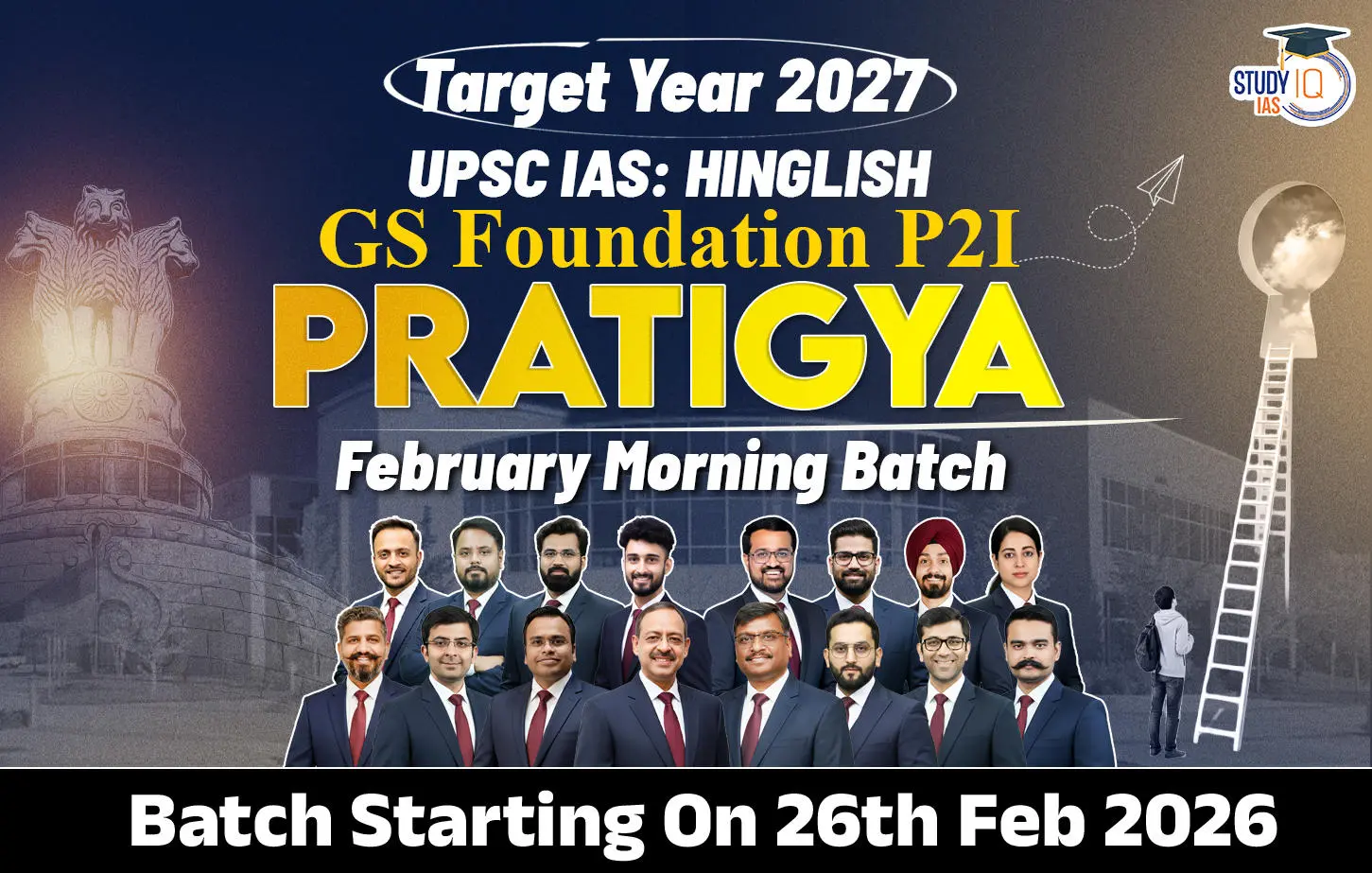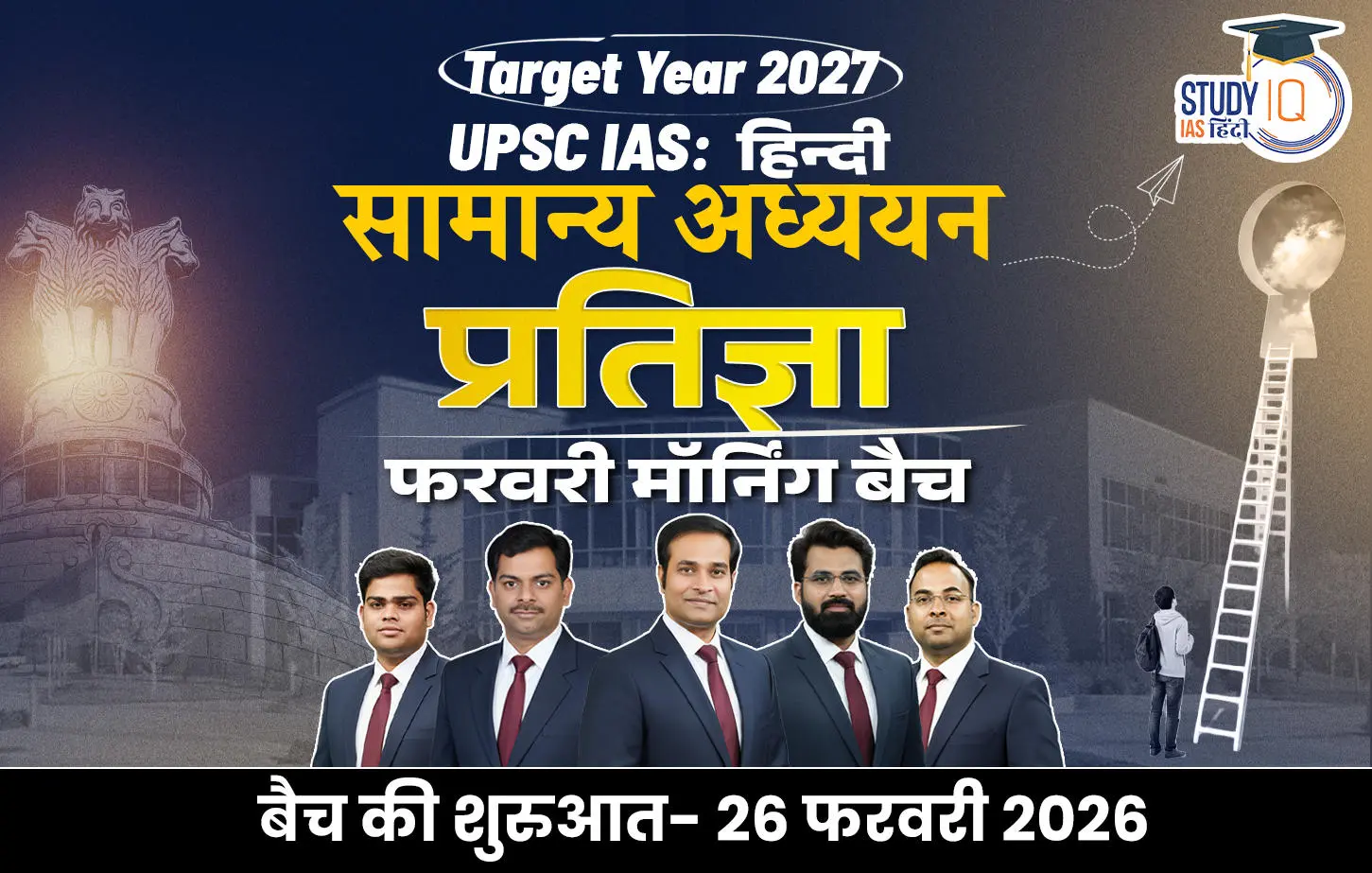Table of Contents
Context: The Global Partnership on Artificial Intelligence (GPAI) has unanimously adopted the New Delhi declaration.
About Global Partnership on Artificial Intelligence (GPAI)
- The Global Partnership on Artificial Intelligence (GPAI) is a collaborative project launched to promote the ethical use and advancement of artificial intelligence (AI) consistent with human rights and fundamental democratic principles.
- Initially put forward by Canada and France during the 44th G7 summit in 2018, the initiative officially commenced in June 2020.
- Beginning with 15 nations, the GPAI has expanded to include 29 countries, encompassing nations such as India, the United States, the United Kingdom, France, Japan, and Canada, among others.
- Note: China, despite being a significant player in technology, is not part of this collective effort.
- The Organisation for Economic Co-operation and Development (OECD) serves as the host organisation for the GPAI.
We’re now on WhatsApp. Click to Join
Primary Goals GPAI
The primary goals of the GPAI are to:
- Serve as a collaborative platform that narrows the divide between theoretical advancements and practical applications in the realm of AI by endorsing state-of-the-art research and practical projects on AI’s pivotal concerns.
- Create a nexus of diverse stakeholders, drawing on the expertise of academia, industry, civil society, governments, and international entities to enhance global cooperation in the field of artificial intelligence.
Shaping AI’s Future: The New Delhi Declaration
The New Delhi Declaration is a landmark agreement reached by the Global Partnership on Artificial Intelligence (GPAI) outlining a vision for the future of AI.
Positioning GPAI as a Leader
- The declaration positions the Global Partnership on Artificial Intelligence (GPAI) as a leader in shaping the future of AI, both in development and collaborative applications across partner nations, particularly in healthcare and agriculture.
- They will lead global conversations on AI governance, safety, and trust.
- An inclusive focus will ensure AI benefits reach all, particularly in the Global South.
Key Challenges Addressed
The declaration acknowledges concerns around:
- Misinformation and disinformation
- Unemployment due to AI automation
- Lack of transparency and fairness in AI systems
- Data privacy and intellectual property protection
- Threats to human rights and democracy
Granular Regulations and Equitable Access
- The declaration calls for specific, detailed regulations governing AI user interactions.
- Equitable access to AI resources is crucial for all societies to reap its benefits.
Significance for India
- This aligns with India’s vision of collaborative AI development and promoting its digital public infrastructure model globally.
- Access to computing power from member nations will support India’s “sovereign AI” initiatives.
- The focus on AI in agriculture aligns with India’s goal of sustainable food production and climate resilience.


 Graphic Processing Units (GPUs) – Work...
Graphic Processing Units (GPUs) – Work...
 Gold Imports and the Indian Economy – ...
Gold Imports and the Indian Economy – ...
 Nilgiri Tahr Conservation: Ecology, Habi...
Nilgiri Tahr Conservation: Ecology, Habi...




















